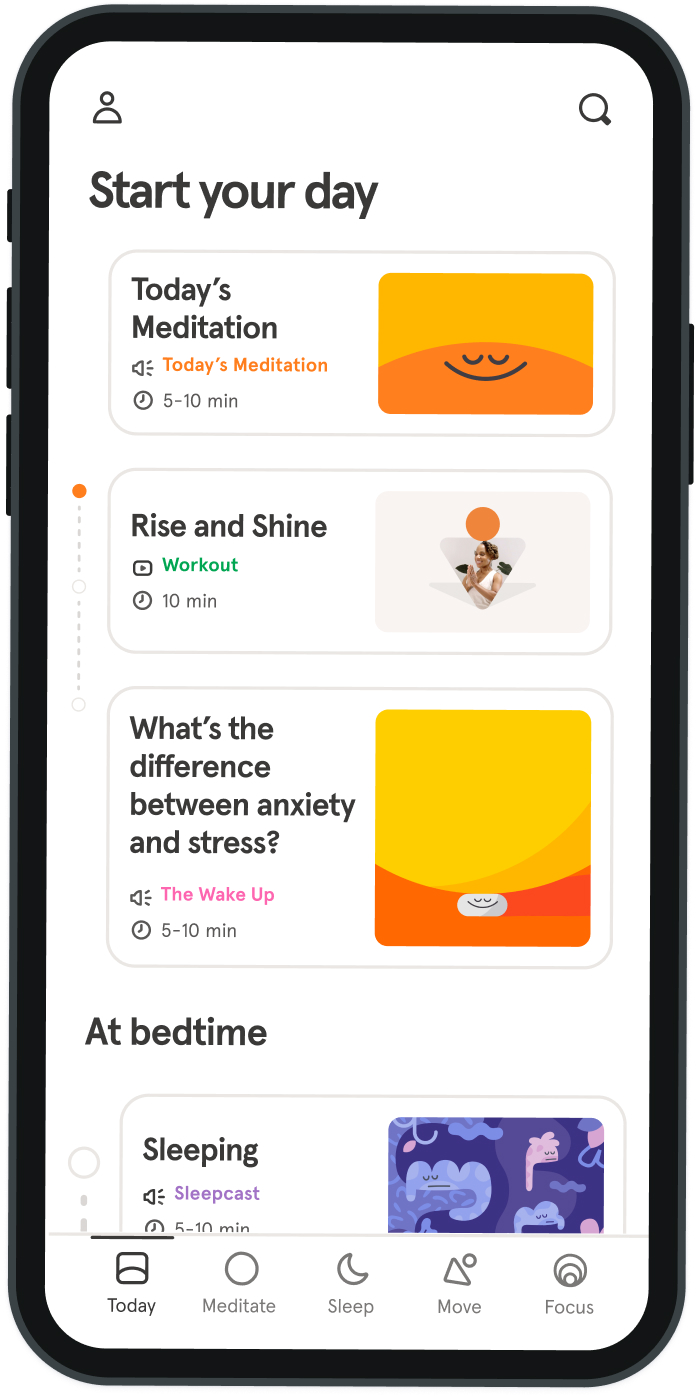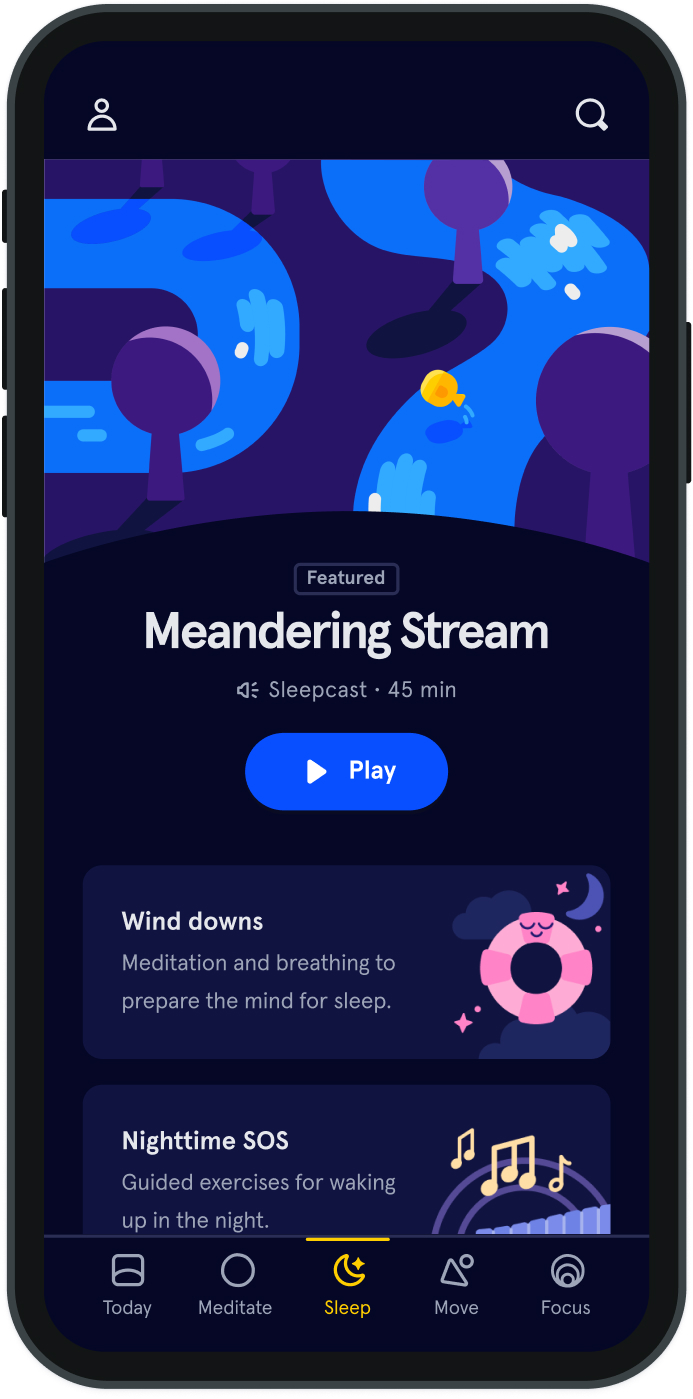Reframing regret: How our brains can help us move on
Many of us spend a good chunk of our lives berating ourselves for decisions we’ve made in the past—“What was I thinking?”, “If only I had...” How often have we kicked ourselves, ruminating on such thoughts on an endless loop?
It’s a human tendency to feel regret: to wish we had acted differently when the consequences of our actions did not turn out as we may have expected. “What could have been, what should have been” weighs heavily on our minds when we look at our choices in retrospect. Except for a few psychological outliers, the rest of us have all experienced regret—either as a passing momentary thought or a more lingering feeling. Regardless, profound regret can cause intense pain and grief, affecting our cognitive abilities and even our relationships. In the last decade, scientific studies have continued to unravel the neuroscience of regret. In 2005, Nature published a study in which scientists used fMRI procedures to monitor the process of decision-making as well as the feelings people might experience when faced with outcomes thereafter. This study found that when people experienced regret, there was increased activity in the medial orbitofrontal cortex—the part of the brain which sits above the orbits of the eyes in the brain's frontal lobe and is thought to represent emotion.
More recent studies have shown that people who suffered brain damage in this region were unable to feel regret and couldn’t attribute the consequences of their actions to an unfavorable outcome. Perhaps we could focus less on avoiding regret, and instead, find ways to come to terms with it. A 2012 study noted how healthy older adults were able to regulate their regretful emotions. The study compared brain scans of young people, depressed older adults, and healthy elders when they were primed for regret while playing a computer game. The participants were presented with boxes that could result in a gain or loss. If they opened a box that resulted in a “loss”, the game ended and they lost all the gains acquired. But they could also choose to stop at any point and collect the gains they had acquired so far. Upon completion of the game, those who chose to stop were shown any missed opportunities. Here’s what the study found: both the young and depressed older adults showed regret, which was observed as decreased activity in the part of the brain associated with reward processing (the ventral striatum). The healthy elders on the other hand not only did not show this pattern of regret, they showed increased activity in an area of the brain involved in emotional regulation and control, the anterior cingulate cortex (ACC).
The way in which the elders handled regret also affected future decisions; in subsequent rounds of the game, the depressed adults grew more frustrated with each missed opportunity and took greater risks, which didn’t prove to be fruitful. The healthy elders were far more resilient to feelings of regret and less inclined to let it affect decision-making—it was as if they had trained their brains to successfully regulate the emotions of regret. Stefanie Brassen, first author of the study, says “the healthy elders also report feelings of regret immediately after experiencing the non-optimal outcome. We suggest that they are—somehow—able to disengage from this feeling afterwards, e.g., by acceptance, downregulation, etc., probably based on their previous experiences and learning.” The study’s authors also suggest that the healthy elders actively engage cognitive strategies to disengage from regretful experiences when compared with the young and the depressed elders. Activation of ACC is associated with higher emotional awareness. With this comes the ability to focus on positive experiences and attribute negative outcomes to external factors. Unlike disappointment and sadness, regret comes with a sense of personal responsibility, and possibly guilt for having made a particular choice. Thinking counterfactually—that a person can only make a single choice in a prior situation—can help take away the blame from self. In the words of journalist and author Kathryn Schulz, from her 2011 TED Talk: “If we have goals and dreams and we want to do our best, and if we love people and we don't want to hurt them or lose them, we should feel pain when things go wrong. The point isn't to live without any regrets, the point is to not hate ourselves for having them.”



Be kind to your mind
- Access the full library of 500+ meditations on everything from stress, to resilience, to compassion
- Put your mind to bed with sleep sounds, music, and wind-down exercises
- Make mindfulness a part of your daily routine with tension-releasing workouts, relaxing yoga, Focus music playlists, and more
Meditation and mindfulness for any mind, any mood, any goal

Stay in the loop
Be the first to get updates on our latest content, special offers, and new features.
By signing up, you’re agreeing to receive marketing emails from Headspace. You can unsubscribe at any time. For more details, check out our Privacy Policy.
- © 2025 Headspace Inc.
- Terms & conditions
- Privacy policy
- Consumer Health Data
- Your privacy choices
- CA Privacy Notice
